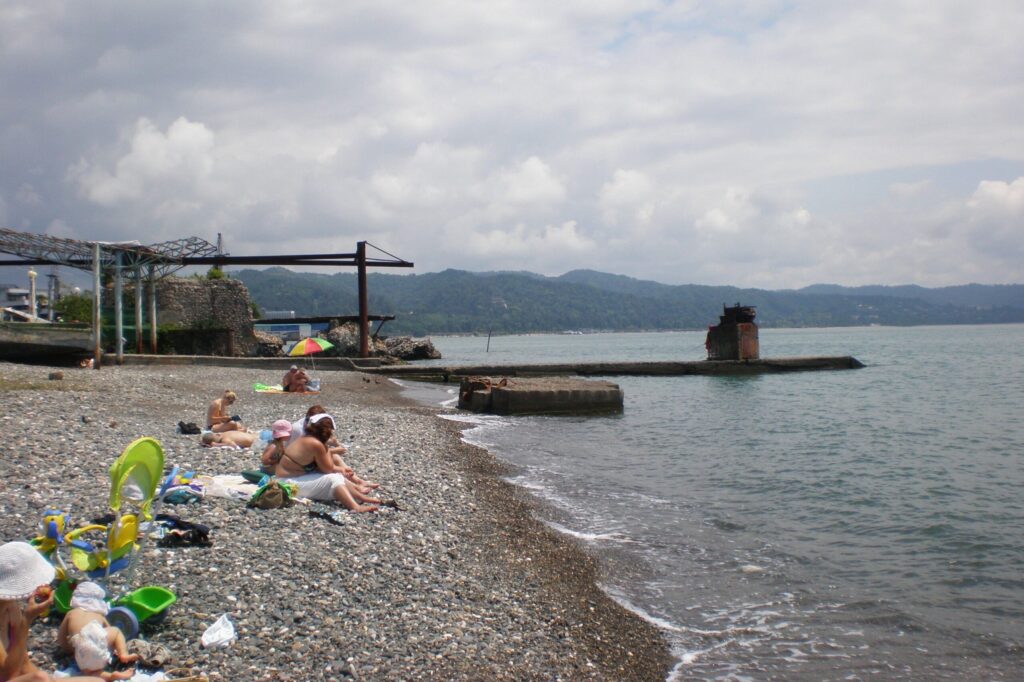Abkhazia’s Parliament has drastically increased fines for indecent exposure in public, including wearing swimsuits on the streets, toplessness for both men and women, or public nudity.
Fines have been raised from ₽300 ($3.60) to ₽6,000 ($72).
This was decided as an amendment to Abkhazia’s Code of Administrative Offences in an 8 June parliament session, and will come into force on 1 August.
Daut Khutaba, an MP who advocated for the proposal, argued that the bill would help protect Abkhazia’s ‘national mentality’.
‘The presence of many vacationers and tourists significantly replenishes our budget, but we must not forget about our national mentality, educating our youth in the spirit of apsuara’, said Khutaba in parliament.
‘Many who are on vacation with us believe that if they are in a resort, paying attention to their appearance is unnecessary. They allow themselves to walk in swimsuits not only on the beaches or in places designated for swimming but also in public places, and wmen just go in shorts, topless’, he said.
City administrations in Abkhazia were given a month to set up warning signs in public areas.
MPs also argued that residents of Abkhazia perceive tourists walking about in their swimming trunks on streets, in shops, and cafes as a ‘violation of their personal space’.
The proposals have met a mixed reaction.
One Sukhumi (Sukhum) resident said that ‘it is not customary for a man to bare his torso’.
‘Why do I have to watch men who put their belly and everything out for me and my kids to see?’, they told OC Media.
Others appeared to be unfazed by the appearance of tourists in bathing suits in the city, with one person arguing that tourists can do little to damage Abkhaz traditions.
‘If we want to preserve traditions, we must protect them and not hunt for tourists’, says another resident. ‘I don’t notice half-naked tourists, they are like white noise for me, but minibus drivers who lift their shirts to their chin annoy me a lot’.
For ease of reading, we choose not to use qualifiers such as ‘de facto’, ‘unrecognised’, or ‘partially recognised’ when discussing institutions or political positions within Abkhazia, Nagorno-Karabakh, and South Ossetia. This does not imply a position on their status.




 13 June 2023
13 June 2023



